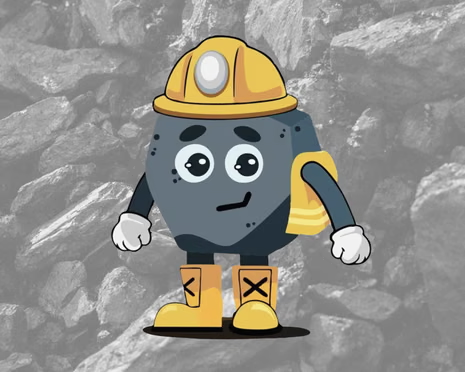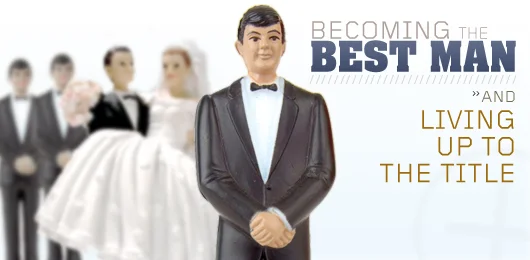One of the more surprising reasons that people take my storytelling workshops is for dating.
Men (so far it’s only been men) realize that what they say on a first date does not yield them a second date. Something is going wrong. So they arrive to my workshop hoping to improve their ability to engage, entertain, and amuse.
This makes sense. When Elysha was asked by someone how she first fell in love with me, she surprisingly didn’t say my rugged good looks or muscular physique. She told the person that it was my stories.
As friends and colleagues, Elysha and I went to dinner one night while waiting for a school talent show to begin, and over the course of the meal, she discovered that when you ask me a question, I often respond with a story. By the end of that night, she had learned that I was different from anyone she had ever met, and that I could tell a good story.
I managed to marry the perfect woman thanks to storytelling, and this was long before I ever took a stage and started performing.
So when people look to storytelling to help them find love, I understand. It makes sense.
What I’ve learned in talking to these people is that most don’t realize is that stories of your failures are almost always better than stories of your successes. So many of the men who come to my workshops believe that the best way to impress a woman is by demonstrating strength and self confidence by projecting an image of high achievement and success.
“I’m an amazing person, and I did an amazing thing, and it turned out amazing.”
Not a good story, but an excellent way to identify a douchebag.
So many people are repulsed by the idea of talking about a moment of embarrassment or failure. Rather than telling stories of disappointment or ruination, they talk about their recent business successes. They name-drop their Ivy League credentials. They find a way to mention their recent sculling victory or the trellis in the backyard that they built with their own two hands.
All lovely things and worthy of mention at some point, but unless you flunked out of your Ivy League school or recently capsized your boat, these are not the ways to connect to another human being. Your Yale law degree or your sculling trophy will not endear yourself to anyone. These are not the things that make a person laugh and wonder.
They also fail to project strength and self confidence. In fact, they do the opposite. Listing your greatest hits is an excellent way to demonstrate uncertainty, fear, and low self esteem.
Think about the President. He is constantly engaged in self congratulation. Does anyone really believe that Trump is a supremely confident man? Would a person with a shred of inner fortitude insist on lying about the size of his inauguration crowd or his Electoral victory? Would a person who believed in himself stage a moment wherein each of his Cabinet members publicly praised him while the TV cameras were rolling? Would a confident person tweet about his net worth or retweet the praise of random Americans?
What people don’t realize is that sharing your mistakes, your blunders, your failures, and your moments of embarrassment is the best way of demonstrating supreme confidence. Telling a person about the time you spectacularly failed to achieve a goal is far more interesting and relatable than sharing your latest business deal.
You know who understands this? Elon Musk, founder and majority owner of SpaceX.
SpaceX, a company whose sole mission is to commercialize space flight, recently published a video of their spectacular string of failures while attempting to land an orbital rocket booster. A company that hopes to send human beings to Mars and needs other companies to trust them with their multi-million dollar satellites produced a video showing the many ways that their rocket boosters exploded during reentry and landing.
Were they worried that this video might undermine confidence in their ability launch hardware and people into space in the future?
Of course not.
On the contrary, their willingness to share their failures demonstrates the confidence they have in their future.
Want to connect with another human being in a deep and meaningful way?
Tell them a story.
Want to project strength and confidence?
Tell a story about your own orbital rocket booster disasters. Talk about the time you went up in flames.





